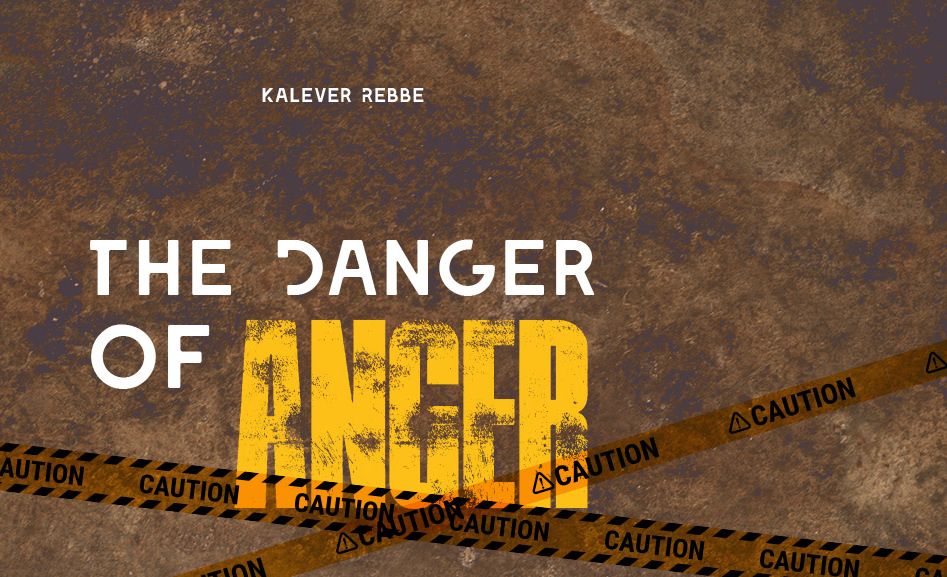
The Rude Awakening
You marry someone because you feel strongly attracted to their good qualities. But, after the chuppa, you discover things you don't like. Why do we get this rude awakening?

Is it “like attracts like” or the union of opposites that defines a relationship? At first, we may attract those who meet our mental requirements. We attract qualities that we like, that we focus upon, and that we see as attractive. We look for just the things we imagine in a mate, a friend, or an employer, and, then, often that person enters our life. Many of the qualities that are present in the other person define who we are at our core, because we attract who we are. In other words, we seem to have a soul connection with the person. This is a description of “like attracts like”.
In order for a guy to attract a princess into his life, he generally needs to strive to be a prince, and vice versa. After a period of time knowing a person, we may realize that the individual we dreamed of possesses a particular trait to which we may have an aversion, a quality that we failed to notice previously. How could this have happened? How could we not have noticed sooner? This is Divine Panning. Just as Ya’akov saw in Rachel exactly what he was looking for, we, too, see in those who answer our expectations, just the right combination we, seem to be looking for. Then, over time, we realize that this same person turned into a “Leah”, so to speak. In other words, we begin to notice things we never paid attention to before—- characteristics that are not as attractive to us. This, too, is by Divine Providence.
How do we relate to this shift? If we recognize that the relationship is what matters, then it becomes our responsibility to understand that this awakening has a spiritual purpose. We are expected to grow from this and to become better people. We work on ourselves and seek assistance as necessary. This is what Hashem wants of us. We have, then, chosen growth over self-centeredness. This approach applies only when abuse is not involved.

How are we expected to respond to the “rude awakening” – the negative qualities we discover in others? Either (1) We consider the Mirror Principle: The person may very well be exhibiting character traits, maybe a bit exaggerated, that we, too, possess, and Hashem is trying to get us to sit up and take notice or (2) That very quality that this person possesses is linked to a soul correction in our partner, and we need to help the person overcome it. For example, if a wife is super funny and her husband married her because she made him laugh, but then years later, he realizes that she has a heretofore unnoticed brazen side. This rude awakening is not necessarily a signal to take the path of separation, G-d forbid. It is a signal to start doing some soul work.
Perhaps this trait is showing up for the husband to notice in himself, and it could also mean that he has work to do in his relationship with his wife and with G-d. The Torah teaches that the wife is often the voice of Hashem. Through personal prayer the husband can discover if he has been lax in shedding the light needed for his wife to feel happy again. It could also be that he needs to help her overcome this tendency if he himself is a very patient, refined person. As one partner begins to develop in positive ways, changes can automatically occur in both. In this manner, we fulfill our soul correction through each other. When we marry our soul-mate, often what he is not, she is, and what she is not, he is, Working on opposite qualities helps us to understand where the other is coming from. Refinement of character is like the action of sandpaper on a rough surface. It can be uncomfortable at first, but it gets smoother as the work progresses. The goal is true intimacy, or the union of opposites, of two into one.
When opposites are unified, harmony and peace follow. When an employer and his team reach a sense of commitment and understanding, powerful objectives are reached. When gevurah (discipline) combines with chesed (kindness), tiferet (harmony and beauty) is the by-product. When a child learns from a parent, and a parent learns from a child, we create wholeness and wholesomeness. When we find the silver lining in a challenge and grow from it, we unite with Hashem. When a cat and a dog become playmates, we marvel at the camaraderie of living things that are usually oppositional. When we can fill our solitary moments with the love of Hashem through hitbodedut (personal prayer), we transform loneliness into eternal love and connection to the Divine. When the body and the soul, two opposites, each with its own needs and desires, unify and agree to utilize that which is physical for a spiritual purpose, we have an example of what it takes to create eternal life. This is a very powerful message of hope and Divine promise for us all. Refinement and the union of opposites is the key to our purpose. Elevation of humanity, and of course ourselves, is the ultimate goal.







Tell us what you think!
Thank you for your comment!
It will be published after approval by the Editor.